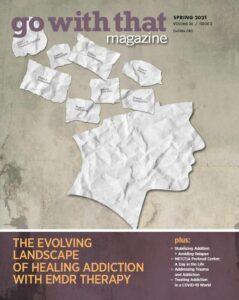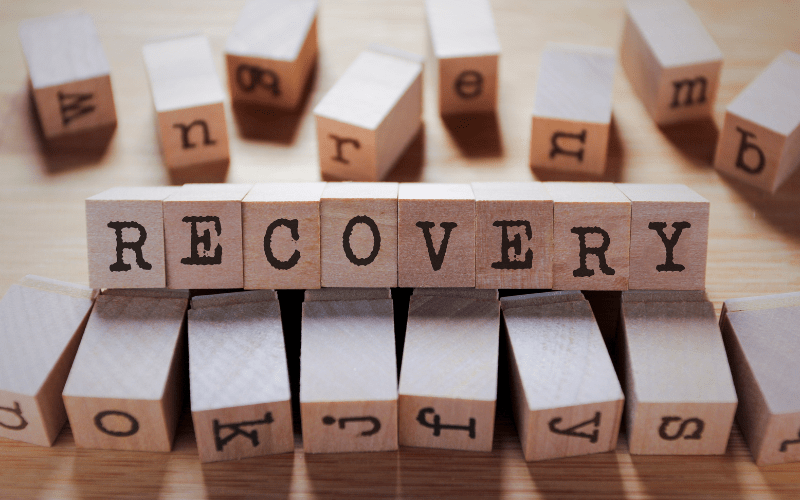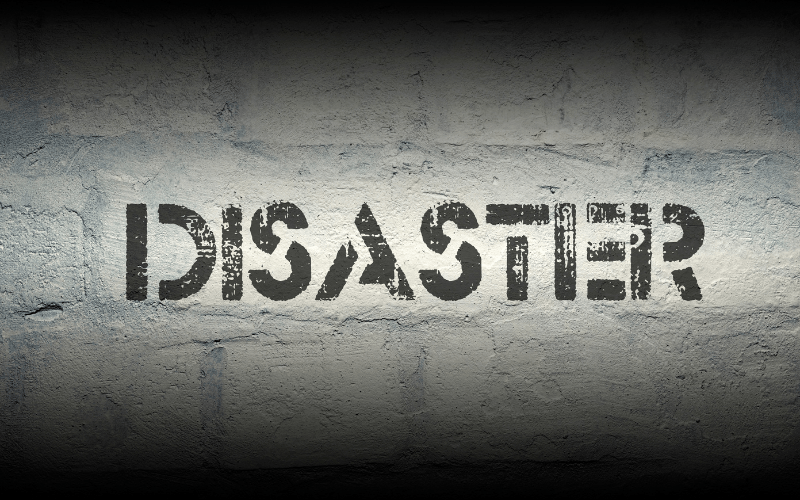The use of EMDR therapy with people struggling with addictions is an evolving landscape. Addictions to substances and compulsive behaviors often begin as a way to cope with underlying pain connected to trauma. When the substances or behaviors begin to interfere with day-to-day responsibilities and relationships, these coping skills have likely shifted toward compulsive behaviors or addictions. The landscape and terms of addiction and compulsive behaviors are changing. There is controversy about how to define the terms of addiction and how best to treat people who struggle with them. Controversy like this is nothing new in a field like mental health in which ongoing research and best clinical practices are constantly adding to our knowledge base about how best to help different conditions and struggles.
The Link Between Trauma and Addiction
Many EMDR therapists have seen first-hand the link between trauma and addiction or compulsive behaviors. The addiction or behavior usually begins as a survival skill to get through a traumatic time. There are several ways EMDR therapists can work to help these clients, and the Spring 2021 EMDRIA Go With That Magazine™️ discusses these options. For someone working toward addiction recovery, EMDR therapy can be used to help desensitize triggers, process positive feeling states, reinforce positive resources connected to treatment success, and resolve unprocessed trauma memories. EMDR therapy can be used alone or with other approaches in the recovery process to create and maintain a healthy lifestyle.
options. For someone working toward addiction recovery, EMDR therapy can be used to help desensitize triggers, process positive feeling states, reinforce positive resources connected to treatment success, and resolve unprocessed trauma memories. EMDR therapy can be used alone or with other approaches in the recovery process to create and maintain a healthy lifestyle.
In this Go With That Magazine™️ issue, EMDRIA members Hope Payson, LCSW, LADC, and Sarah Osborne, LPC, LADC, NCC wrote “Stable Enough: Using EMDR Therapy to Address Trauma and Addiction.” They use the analogy of a fire to help explain the relationship of trauma and addiction in EMDR therapy treatment:
- Excerpt: “Addiction can be seen as the smoke that comes from the fire of trauma. As long as the fire is burning, there will be smoke. When there is an addiction, there is pain beneath it – pain from the trauma and pain caused by the experience of living with an active addiction. Addiction is a symptom of trauma that can often instigate more traumatic experiences. Recovery-focused treatment doesn’t focus on temporarily clearing the room of smoke. Instead, the objective becomes putting out the fire, while simultaneously building good fire-fighting skills.”
Click here to access full article
*EMDRIA members have access to all articles and issues in the Go With That Magazine™️.
Resources
Search ‘Addictions’ in the EMDRIA Library for more EMDR-related resources.
Back to Focal Point Blog Homepage
Additional Resources
If you are a therapist interested in the EMDR training:
- Learn more about EMDR at the EMDRIA Library
- Learn more about EMDR Training
- Search for an EMDR Training Provider
- Check out our EMDR Training FAQ
If you are EMDR trained:
- Check out EMDRIA’s Let’s Talk EMDR Podcast
- Check out the EMDRIA Focal Point Blog
- Learn more about EMDRIA membership
- Search for Continuing Education opportunities
If you are an EMDRIA Member:
Date
July 26, 2021
Topics
Addictions





